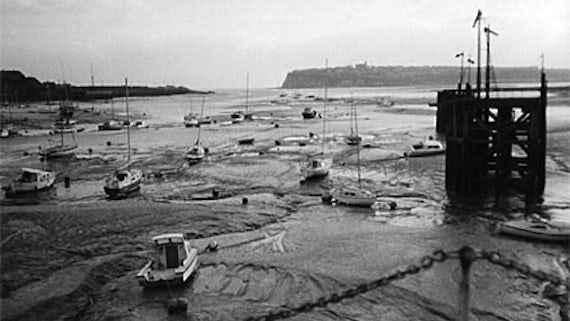Ecological restoration; who should pay?
23 Tachwedd 2016

Cardiff University academics discuss restoring nature from an interdisciplinary perspective as part of the ESRC Festival of Social Sciences.
The event was held as part of the ESRC Festival of Social Sciences, a week long celebration of the social sciences and social science research, and helped to highlight the multiple benefits to be gained from ecological restoration and why it matters so much to our everyday lives. Delegates met speakers from a range of different academic backgrounds who discussed issues and challenges associated with restoring nature from the local to the global scale.
Professor Susan Baker, School of Social Sciences and Co Director of the Sustainable Places Research Institute who introduced the topic said: “The process of restoring our natural environment from damage over time has attracted lots of interest from biological and natural sciences. However, in recent years we have seen the importance of taking a holistic approach to this become more apparent. I’m keen to improve collaboration on restoration ecology, and help to develop new projects and papers from a wider range of disciplines including social and natural science. At the Sustainable Places Research Institute we are making these new connections across academia to help find pragmatic, place based solutions.”
A wide ranging discussion was held and delegates were invited to contribute and think about the issues associated with restoring nature from the global to the local level. Case study examples included restoration of large tropical rivers in Borneo through to the development of the Cardiff Bay Barrage.
Speakers at the event were Dr T C Hales and Research Student Alex Horton both from the School of Earth and Environmental Sciences, Ella Furness Research Student at the Sustainable Places Research Institute and Dr Richard Cowell from the School of Geography and Planning.